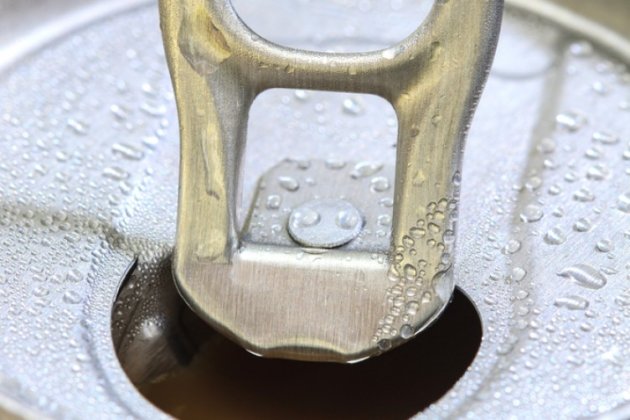Food
safety watchdog Safefood has been asked by the Department of Health of
review research on the negative health effects of energy drinks.
Research
by the World Health Organisation (WHO) this month found that energy
drinks will become a significant public health problem if their use
among young people is not addressed through a cap on caffeine levels and
restrictions on their sale and marketing.In response to a parliamentary question from TD Billy Kelleher, Minister for Health Leo Varadkar said his department had asked Safefood to consider the current evidence and advise his department.
Dr Cliodhna Foley-Nolan, who is Safefood’s Director of Human Health & Nutrition, told TheJournal.ie that two main health effects of these drinks have been recorded in research so far:
- A marked increase in blood pressure
- Excessive calorie intake.
She said an option to request that these drinks are not served in bars and clubs alongside alcohol is “in the mix for consideration” but stressed that it is too early to say what the watchdog will be recommending.
Consumption
Research has shown that levels of consumption of these products are high and are on the rise. A European food safety report in 2013 found that 30% of adults consumed these products, with 16-20% of people drinking them four to five times a week.
Previous recommendations by Safefood in 2002 regarding these drinks included a warning to the public that caution should be exercised when consuming them with alcohol. They also recommended that marketing should be “without ambiguity or association with sport,” Foley-Nolan noted.
“I don’t anticipate that they will change,” she said. It is also expected that the watchdog will recommend that these drinks are not consumed by children. Lithuania banned the sale of energy drinks to anyone under 18 earlier this year and has been encouraging other European countries to follow suit.
“Guidelines are different from policy obviously,” Foley-Nolan added. “We will do what we can to clarify matters and I think fair dues as it’s an important issue”.
It is expected that Safefood will pass its recommendations to the department before the end of the year.



